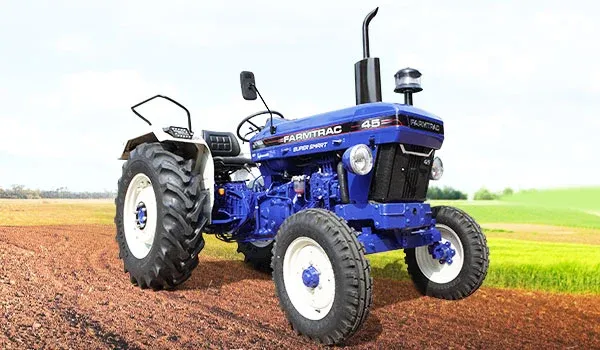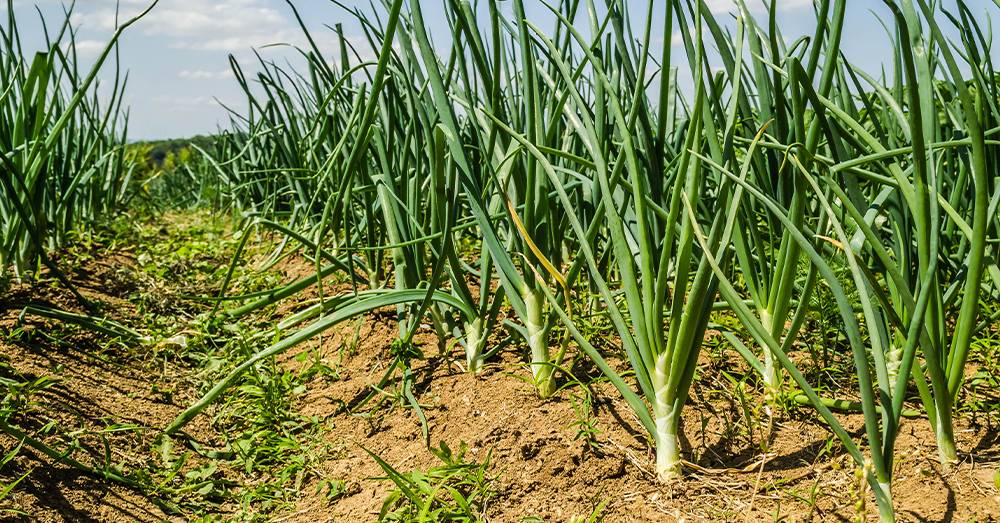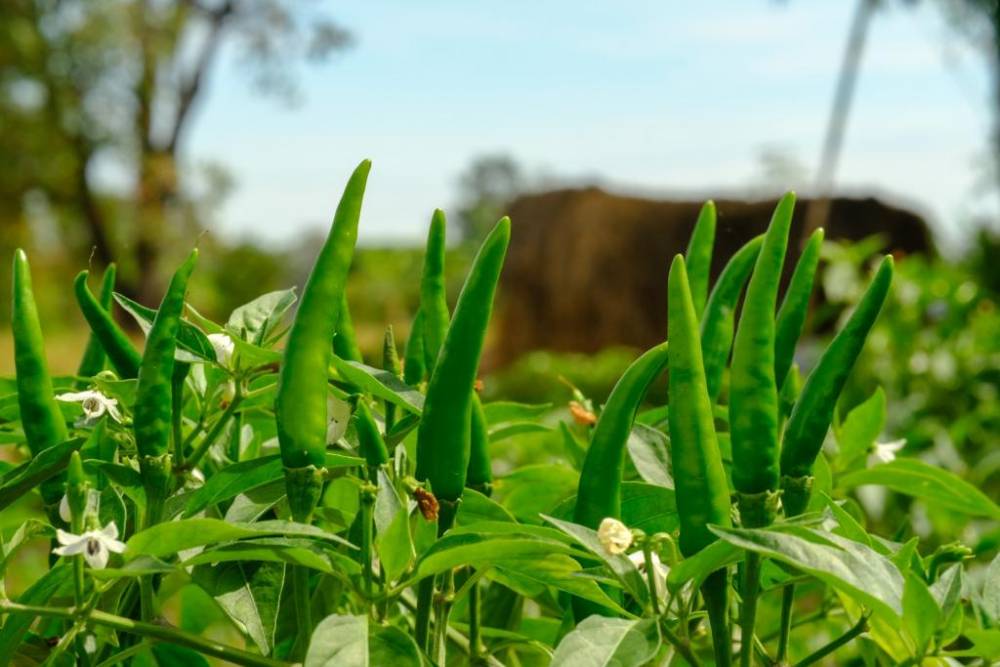We live in a state of constant change, and our planet is no exception. Conventional agriculture is believed to be the oldest profession because using farmlands as food sources dates to the beginning of civilization. Since then, it has been a reliable way to feed the population. But with a changing planet that is currently suffering from greenhouse gas emissions, environmental pollution, and rising temperatures, it is not the bargain it was once intended to be. Sustainable agriculture is no longer a solution for the future; it is the need of the hour. In this article, we’ll explore the importance of sustainable agriculture on a planet that’s constantly changing for the worse.
What is Sustainable agriculture?
Sustainable agriculture refers to the practice of cultivating crops, raising livestock, and managing land in a way that meets the current needs for food production while ensuring the long-term viability of agricultural systems and the preservation of natural resources. It aims to maintain soil fertility, conserve water resources, promote biodiversity, minimize the use of synthetic fertilizers and pesticides by switching towards the use of sustainable biological agri solutions, and reduce greenhouse gas emissions. The goal of sustainable agriculture is to create a balance between agricultural production and the protection of the environment for the benefit of future generations.
Disadvantages of conventional farming
Conventional farming refers to the dominant agricultural practices that have been widely adopted over the past century. It relies heavily on the use of fertilizers and chemical-based crop care products to maximize crop yields. Conventional farming often involves monoculture, where a single crop is grown on a large scale, and mechanization is extensively utilized.
However, conventional farming has several disadvantages:
Greenhouse gas emissions
Agricultural activities such as crop production, crop burning, the application of fertilisers and pesticides, transportation using fossil fuels, etc. contribute to more than one-quarter of the world’s greenhouse emissions.
Water pollution
Agriculture consumes 70% of the world’s freshwater resources and plays a leading role in water contamination. In traditional farming, a substantial portion of the water meant for farming ends up wasted as it seeps into the ground or evaporates before being absorbed by plants.
Farmlands also release substantial amounts of agrochemical residues, organic matter, and saline drainage into bodies of water, causing pollution.
Nutrient depletion
Monocropping requires the cultivation of the same crop on the same land every year. It depletes important nutrients from the soil and makes it less productive.
Environmental pollution
Traditional agricultural practices use chemical pesticides which can contaminate the soil, water, turf, and other vegetation. Pesticides can be toxic to a variety of organisms other than insects and weeds, including fish, beneficial insects, birds, and plants.
However, there is a growing interest in sustainable and regenerative farming practices that aim to mitigate the drawbacks associated with conventional farming. There are certain sustainable biological inputs when used alone or complimented with conventional chemical products under an Integrated Pest & Nutrition Management (IPNM) plan, produce powerful results for the crop and the soil resulting in less water seepage, and increased profitability.
Benefits of sustainable agriculture
Sustainable agriculture, also known as regenerative farming, focuses on practices that aim to minimize negative environmental impacts while maintaining long-term agricultural productivity. Here are some benefits of sustainable agriculture:
Integrated pest management (IPM):
Sustainable agriculture encourages the use of IPM techniques to manage pests. IPM involves a combination of preventive measures, monitoring, and targeted interventions to minimize the need for chemical pesticides. By adopting IPM strategies, farmers can reduce the environmental impact of pest control while maintaining crop health.
Roshan Sahu
admin







